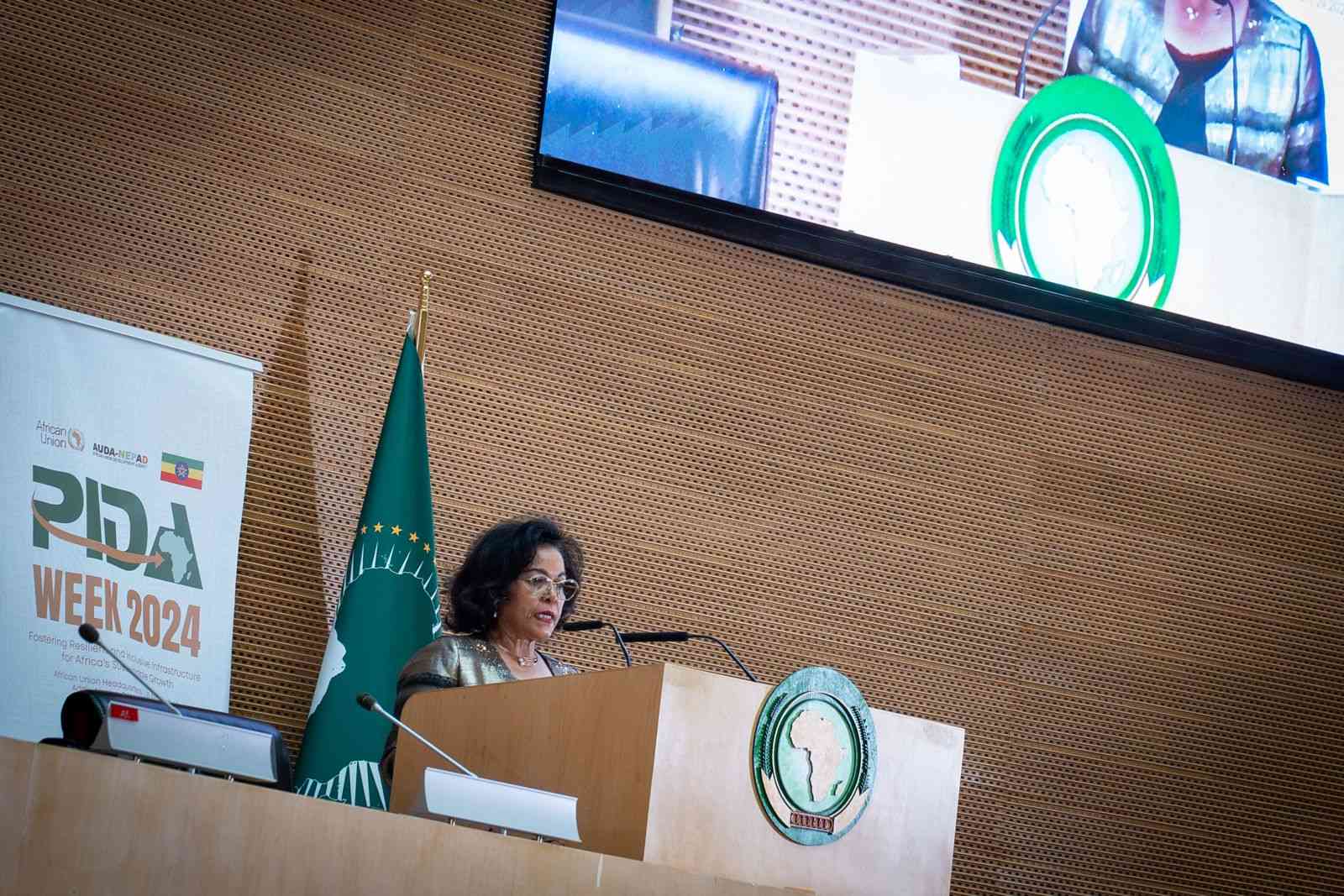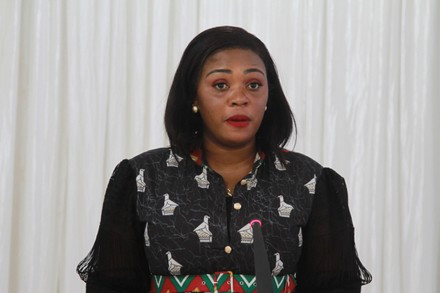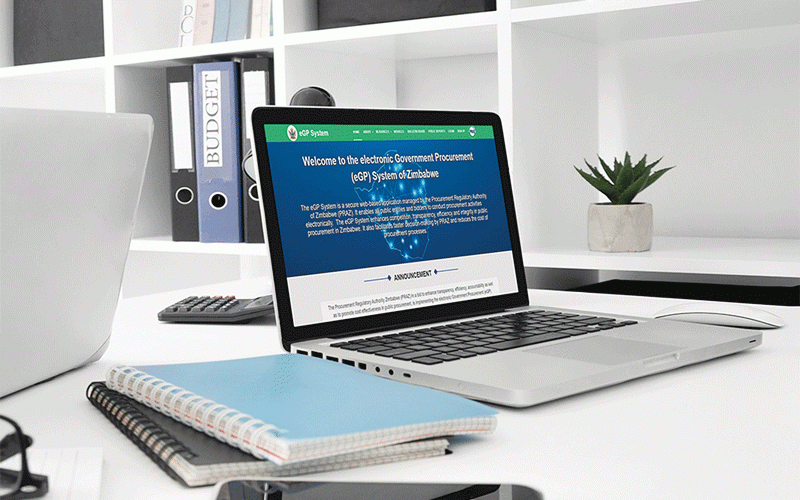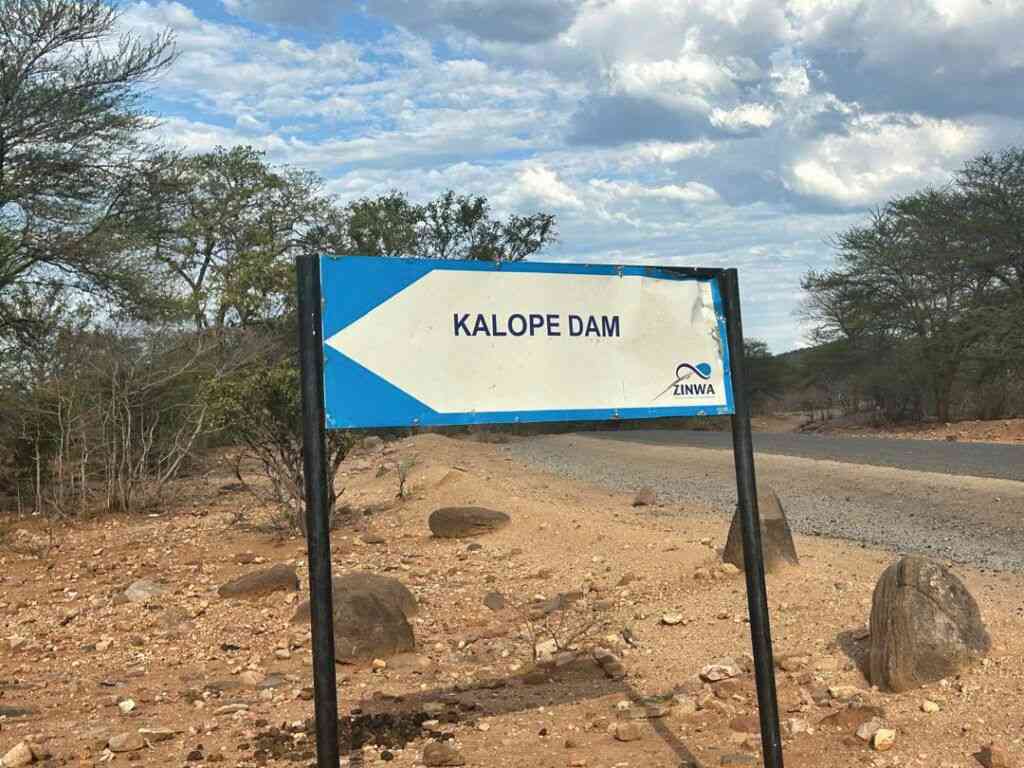
ADDIS ABABA, Ethiopia--Policies, partnerships and financing are key for Africa’s infrastructure projects amid revelations some projects are struggling to reach bankability due to insufficient early preparation and persistent misconceptions about risk, head of the African Union (AU) development agency said Tuesday.
The continent, which faces an infrastructure funding gap of US$100 billion, is banking on infrastructure projects under the Programme for Infrastructure Development in Africa (PIDA) to drive growth.
But for Nardos Bekele Thomas, chief executive officer of AU agency Auda-Nepad, there is a way out to address the funding challenges and perceived risks.
“Effective regional coordination is essential, as evidenced by the success of treaty-based organisations and corridor initiatives that align national strategies with regional goals,” she said at the official opening of the 8th PIDA in Addis Ababa, Ethiopia.
She said strengthening public-private partnerships was “equally important” to ensure that projects are “sustainable, inclusive and locally owned”.
Bekele-Thomas said innovative financing mechanisms, such as blended finance and risk guarantees, were critical to mobilising the resources needed to close the funding gap.
“The transformative potential of Africa’s corridors is evident. These routes are not merely transport links; they are the arteries of economic integration and industrial growth. Projects like the Lobito Corridor, connecting Angola, the Democratic Republic of Congo, and Zambia, and the TransAfrican Highway Network, spanning over 56 000 kilometres, illustrate the importance of connectivity in driving regional trade,” she said.
“The operationalisation of 32 One-Stop Border Posts has significantly enhanced cross-border trade, reducing delays and fostering regional cooperation. These corridors demonstrate how well-designed infrastructure can unlock economic opportunities, improve lives and advance Africa’s broader development goals.”
- Zim needs committed leaders to escape political, economic quicksands
- Byo author eyes SA award
- US$200K armed robber in court
- Lupane man survives axe attack
Keep Reading
Amani Abou-Zeid,commissioner for Infrastructure and Energy at the African Union Commission, said while the first decade of PIDA saw notable achievements and important lessons learned, “there is a sense that more could have been accomplished in terms of securing financing and advancing”.
“...only 3% of PIDA project funding has been sourced from the private sector, compared to 16-19% in other regions, which is a cause for concern. It is crucial that we examine the underlying reasons for this gap and explore potential solutions to boost private sector participation moving forward,” she said.
“The African Union Commission has been advocating for infrastructure financing to be and remain a political priority of the governments. Committing the relevant national budgets and offering credit guarantees to attract private capital are essential for the development of infrastructure priority projects across the continent.”
Claver Gatete, UN under secretary general and executive secretary of the UN Economic Commission for Africa, said there has been a drive towards inter-regional infrastructure connectivity through initiatives launched by Africa’s development partners. China’s Belt and Road Initiative and the European Union’s Global Gateway are prominent among these initiatives, he said.
Gatete while Africa should take advantage of global connectivity aspirations, it must “be mindful” that the continent has a common position on partnerships for regional infrastructure development.
“The position stresses that PIDA, adopted by Heads of State and Government of the continent, should be the building block for all partnerships with non-African countries and organisation. This is important to ensure that the continent remains focused on its priorities,” he said.
PIDA Week is organised jointly by the African Union, AUDANEPAD, the African Development Bank, and UN Economic Commission for Africa as a vital space to evaluate progress, tackle challenges, and forge strategic partnerships.
The 8th edition of PIDA Week is running under the theme, Fostering Resilient and Inclusive Infrastructure for Africa’s Sustainable Growth: Leveraging Transformative Financing and Regional Integration.











